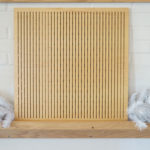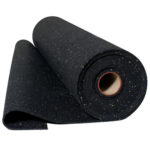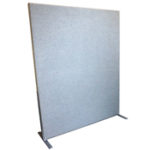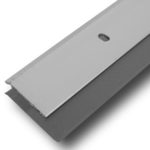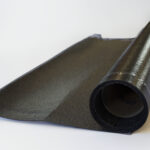
People are spending more time in their homes than ever before. It’s become far more common for people to set up at-home offices to complete work for their jobs or school. As a result, it’s important to find ways to stay productive and limit distractions.
From pesky sounds outside to a roommate’s video call across the house, we all experience disturbances that can inhibit our productivity. Creating a quiet space in your home can change your life for the better, but where do you start?
Find a Secluded Space to Situate Your Quiet Area
Your chosen location for a workspace will directly impact how quiet you can make it. Keep a few factors in mind when planning your respite. For example, your quiet space will be more peaceful if you can keep it away from the most common noise sources.
Set up your home office in a place where you won’t be disturbed by footsteps, voices, the television or other sounds. Communicate with your family or roommates so they know you’re seeking peace and quiet when you use this space.
How to Make My Room or Office Quieter
With your workspace situated in the smallest room available and the furthest distance from common noise sources, implementing soundproofing strategies or materials can take your quiet space to the next level:
1. Cover the Walls and Floors
Soundwaves will reflect off hard surfaces like walls or floors, creating echoes and reverberations that can turn the smallest sound into a tremendous nuisance. For the best results, install acoustic panels with design features that target the full frequency spectrum. From perforated wood to custom-printed designs, you can find an acoustic panel that makes your space feel like home.
2. Create Barriers
Smaller rooms are easier to control and allow less space for low-frequency noises to travel. If small spaces are difficult to find in your home, create one by strategically positioning soft furniture or drapery to shrink your space and absorb sound. As a specialized approach, try acoustic partitions that absorb sound wherever you need them.
3. Seal Any Cracks
Keeping sound out is an important part of building a peaceful workspace at home, but doors and windows present a tricky hurdle to overcome. To stop noise from creeping in under your door or through your windows, install door sweeps or try sound deadening sheets that keep out unwanted sound.
4. Commit to a Rebuild
After months of dealing with at-home distractions, you may be ready for a big change. If you plan on redoing your floors, you can incorporate soundproofing considerations into the process. Homeowners love using flooring underlayment to minimize sound from footsteps and installing floor joist isolators to reduce vibrations from adjacent rooms.
Get More Soundproofing Tips for Increased Quiet
At Soundproof Cow, we have over two decades of experience providing soundproofing solutions that work wonders for bustling families or renters with noisy neighbors — or the noisy neighbors themselves. For more soundproofing tips, keep up with our blog covering tons of soundproofing topics, or get in touch with our staff for a free acoustic analysis at your home.






